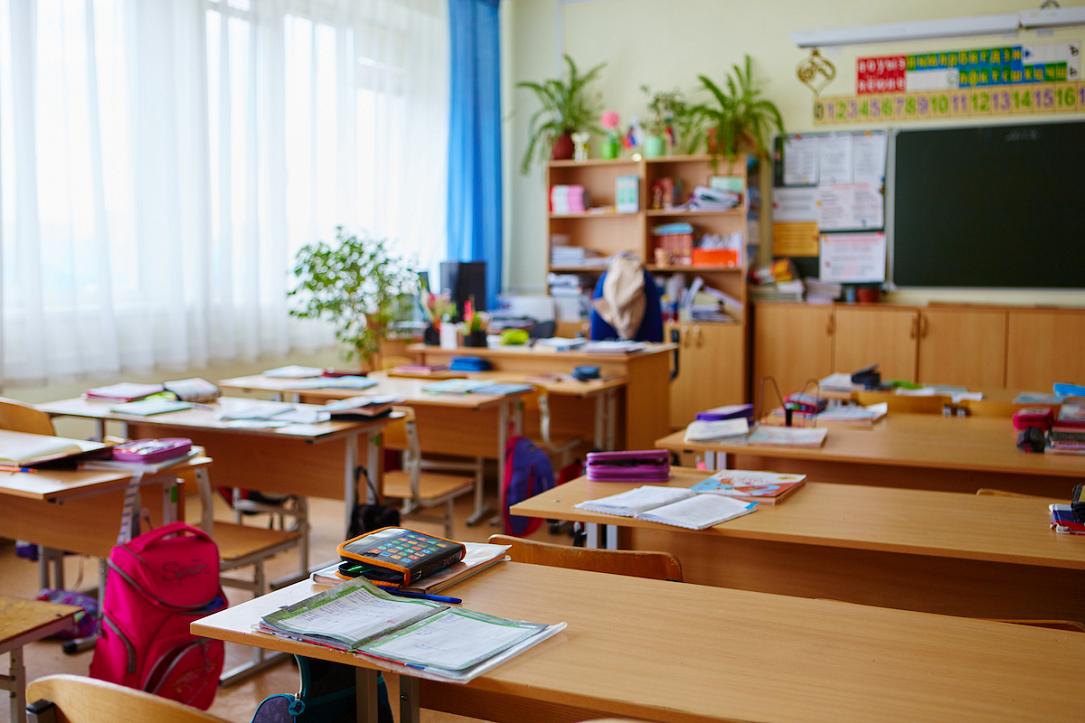Only 11% of Romanian students ages 6-14 have functional literacy skills, report shows



Only 11% of students in Romania in grades 1-8 have obtained a "functional" score in literacy skills, meaning that they have the ability to locate, understand, and synthesize information from a written text.
The second edition of the "Report on the Literacy Level of Students in Romania," launched by BRIO with the support of AVE, shows that only 11% of students in Romania can readily locate, understand, and synthesize information from a written text. Of the students tested, 42% were classified as "non-functional," placing them in the position of functional illiteracy, while approximately 47% of them are in the category of "minimal functionality."
The report was based on approximately 15,000 valid tests performed by students in grades 1-8 from all regions of the country, between April 2022 and March 2023.
The results show that the level of literacy is generally uniform for age categories between 6-14 years. Thus, if the percentage of non-functional 6-year-olds is 44.34%, it reaches 40.39% for 14-year-olds, so the level of non-functionality decreases by only 3.95% after completing primary and secondary school.
"Functional illiteracy does not disappear when the child leaves the formal education system, it is a shadow that accompanies him throughout his life and covers a large part of his life, preventing him from progressing in any way as an individual," said Gabi Bartic, CEO of BRIO.
In the last 12 months, students in Romania have had the opportunity to test their literacy level for free through the BRIO platform, by evaluating three components: information localization, understanding, and evaluation and reflection. Students who were classified as "functional" in literacy have demonstrated the ability to interpret and integrate ideas and information from a given text, deduce cause-effect relationships and hypotheses, establish similarities and differences between characters, facts, events, or concepts, and draw the overall conclusion of the text.
Similar tests are to be taken annually, according to the Romania Educated initiative championed by the Romanian president and the Ministry of Education. The goal of the tests and other measures is to reduce the functional illiteracy rate by 50% by 2030, according to education minister Ligia Deca.
The data in the "Report on the Literacy Level of Students in Romania" were collected through an evaluation tool (test) developed with the support of AVE and other NGOs: Teach for Romania, InfinitEdu, the Association for Reading and Writing for Critical Thinking Development, OvidiuRo Association, New Horizons Foundation, and the Romanian Literacy Association. Since 2021, the literacy assessment test has been included in the free Alfabetar.ro platform, and since 2022, the efficiency of testing has been greatly improved by Digital Nation, a technology partner. So far, 500 teachers have tested the platform and this year they spent 5,200 hours choosing and using some of the 25,000 literacy exercises.
"We want Alfabetar.ro to be the tool that provides teachers with all the necessary resources to identify and improve the literacy level of their students. Improving literacy skills is not enough to intervene only once, there needs to be a long-term intervention that any child can access, regardless of their literacy level. We have a shared responsibility to support all those involved in this process because without prioritizing literacy skills, we put at risk the potential of children in Romania," explained Silvia Toth, Director of Educational Programs, AVE.
The literacy platform Alfabetar.ro and "Report on the literacy level of students in Romania" are supported by BRD GROUPE SOCIETE GENERALE, BRD Life Insurance, BRD Asset Management, and Societe Generale Global Solution Centre. The literacy test can be accessed for free by both students (grades I-VIII) and teachers.
(Photo source: Svetlanaz | Dreamstime.com)